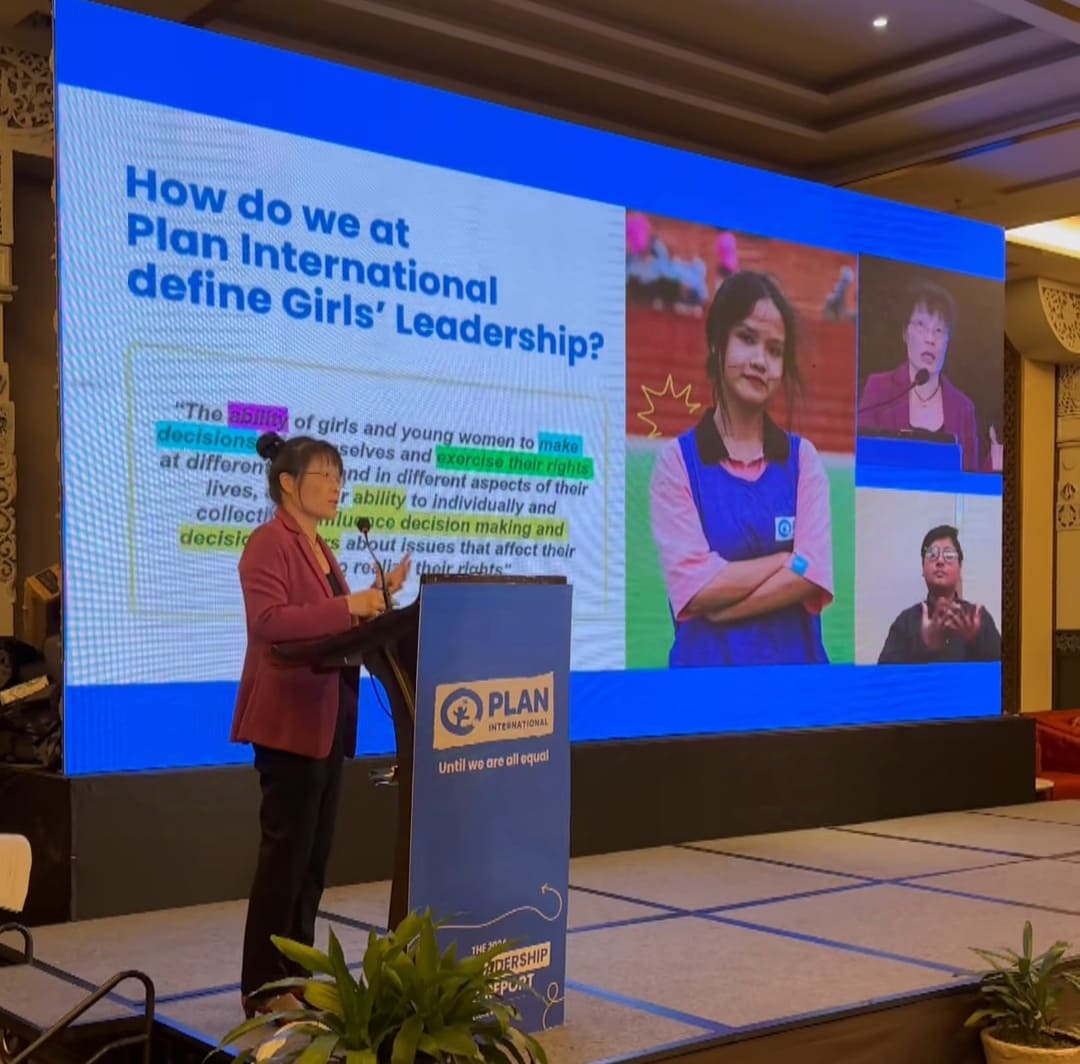A recent study by Plan International highlights the urgent need to empower adolescent girls to overcome social and economic barriers, enabling them to become leaders in climate action. The report emphasizes the importance of providing access to quality education, healthcare services, and economic opportunities to help girls realize their potential. However, issues like violence, child marriage, and systemic discrimination continue to hinder their progress. The study reveals that climate change disproportionately affects adolescent girls, exacerbating existing vulnerabilities. Addressing these challenges requires targeted policies, increased investment in youth-centered programs, and collaboration with local communities. Furthermore, creating a supportive and inclusive environment is critical for fostering the leadership capabilities of adolescent girls in the face of climate change.
The study reveals that climate change disproportionately affects adolescent girls, exacerbating existing vulnerabilities. Addressing these challenges requires targeted policies, increased investment in youth-centered programs, and collaboration with local communities. Furthermore, creating a supportive and inclusive environment is critical for fostering the leadership capabilities of adolescent girls in the face of climate change.
Governments in the Asia-Pacific region are called upon to allocate greater financial and technical resources to safeguard the rights of girls and amplify their voices in decision-making processes. Private sectors are encouraged to partner with civil society organizations to build sustainable solutions that empower young girls as agents of change.
The findings underscore that empowering girls through leadership roles is not only a step towards gender equality but also an essential strategy for tackling climate change. By equipping adolescent girls with the necessary tools, skills, and platforms, they can significantly contribute to building a more sustainable and equitable future.
This report sends a powerful message: investing in adolescent girls is investing in climate resilience. It is a call to action for families, societies, and governments to work collectively towards empowering the next generation of leaders.